Forests for a Just Future
Where we work
News
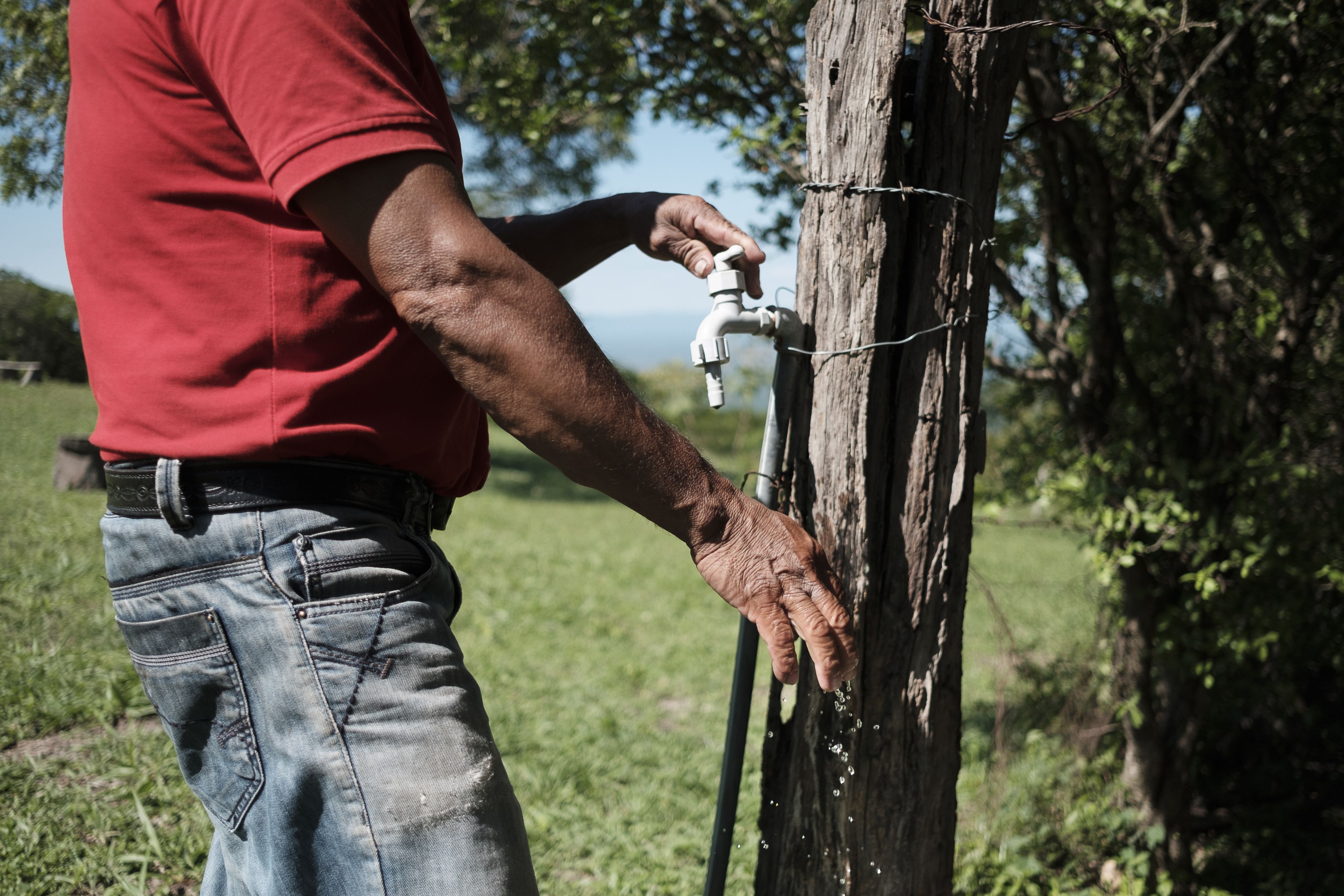
Modeling water futures: how climate change and deforestation are draining the Chiquitania
The Chiquitano forest, a 23-million-hectare tropical dry forest spanning eastern Bolivia and western Brazil, is one of South America’s most unique ecosystems. Home to over 3,000 plant species and 1,200 vertebrate species, including jaguars and giant anteaters, it provides critical ecosystem services for approximately 3 million people, including Indigenous peoples, local communities, small-scale farmers, and agribusiness operations.
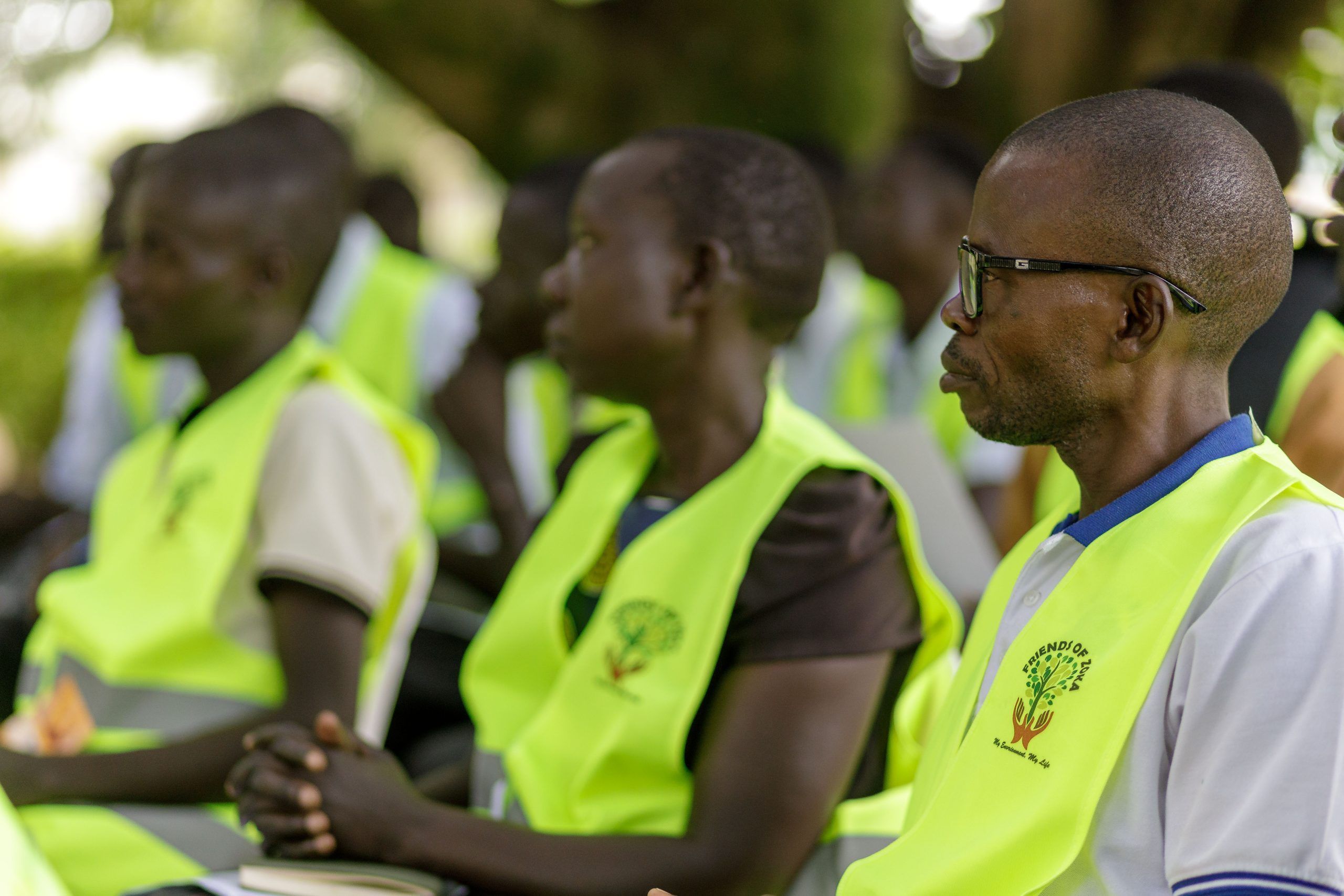
Safety & Security Programme: protecting environmental defenders
Environmental Human Rights Defenders are globally under severe threat. To help address this, IUCN NL initiated a three-year programme in five countries to strengthen the security and resilience of its partners and the Indigenous and local communities they work with in forest landscapes. We teamed up with Protection International who trained and supported them to better understand the risks they face and to develop strategies that enhance their safety and wellbeing.
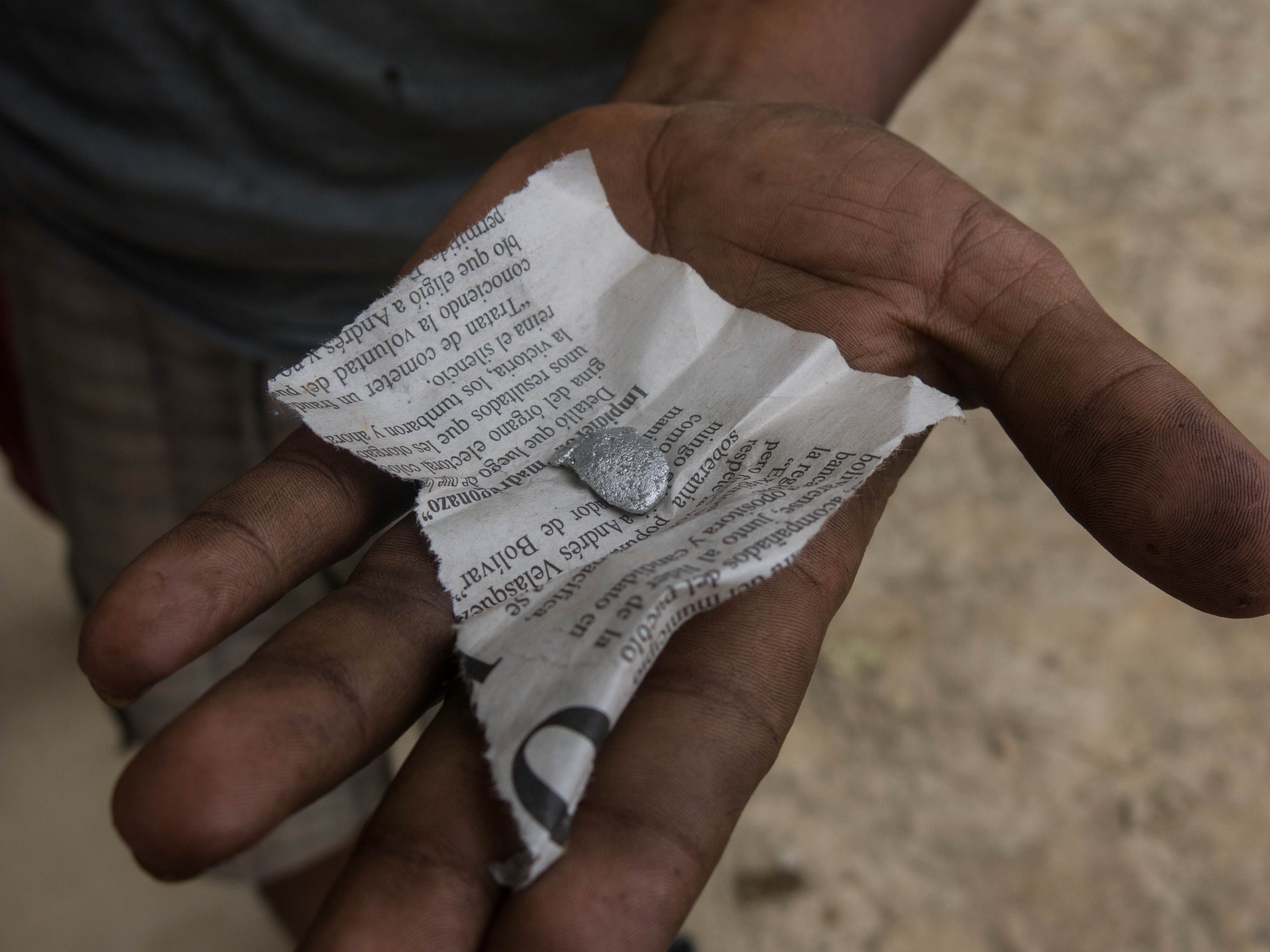
Lessons from Bolivia’s fight against mercury, gold mining, and water contamination
In Bolivia’s Northern Amazon, the basins of the Beni and Madre de Dios rivers encompass the Madidi National Park. This is one of the most biodiverse areas in the continent, which is home to 26 Indigenous Originary Campesino Territories, approx. 500 mammal species, approximately 1000 bird species, including Red List species such as the jaguar and spectacled bear. Alluvial gold mining has caused severe environmental destruction and human rights. Interconnected strategies that combine evidence generation, engagement with international human rights reporting mechanisms, and alliance building have been crucial to demand accountability and advance water justice.
About
The Green Livelihoods Alliance (2021 - 2025) is an alliance of Gaia Amazonas, IUCN NL, Milieudefensie, NTFP-EP, SDI and Tropenbos International, with Fern and WECF as technical partners.
The Green Livelihoods Alliance (GLA) Forests for a Just Future programme aims to ensure that tropical forests and forest landscapes are sustainably and inclusively governed to mitigate and adapt to climate change, fulfil human rights and safeguard local livelihoods.
In eleven countries in South America, Africa and Asia, as well as internationally, the Alliance works with Civil Society Organisations (CSOs), Indigenous Peoples and Local Communities (IP&LCs) and social movements to:
- increase the participation of IP&LCs in policy and decision-making regarding land rights and forest governance
- strengthen lobby and advocacy to hold governments and industries accountable for deforestation and human rights violations.
Consortium Partners




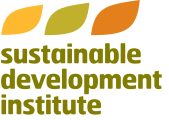
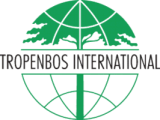
Technical Partners


